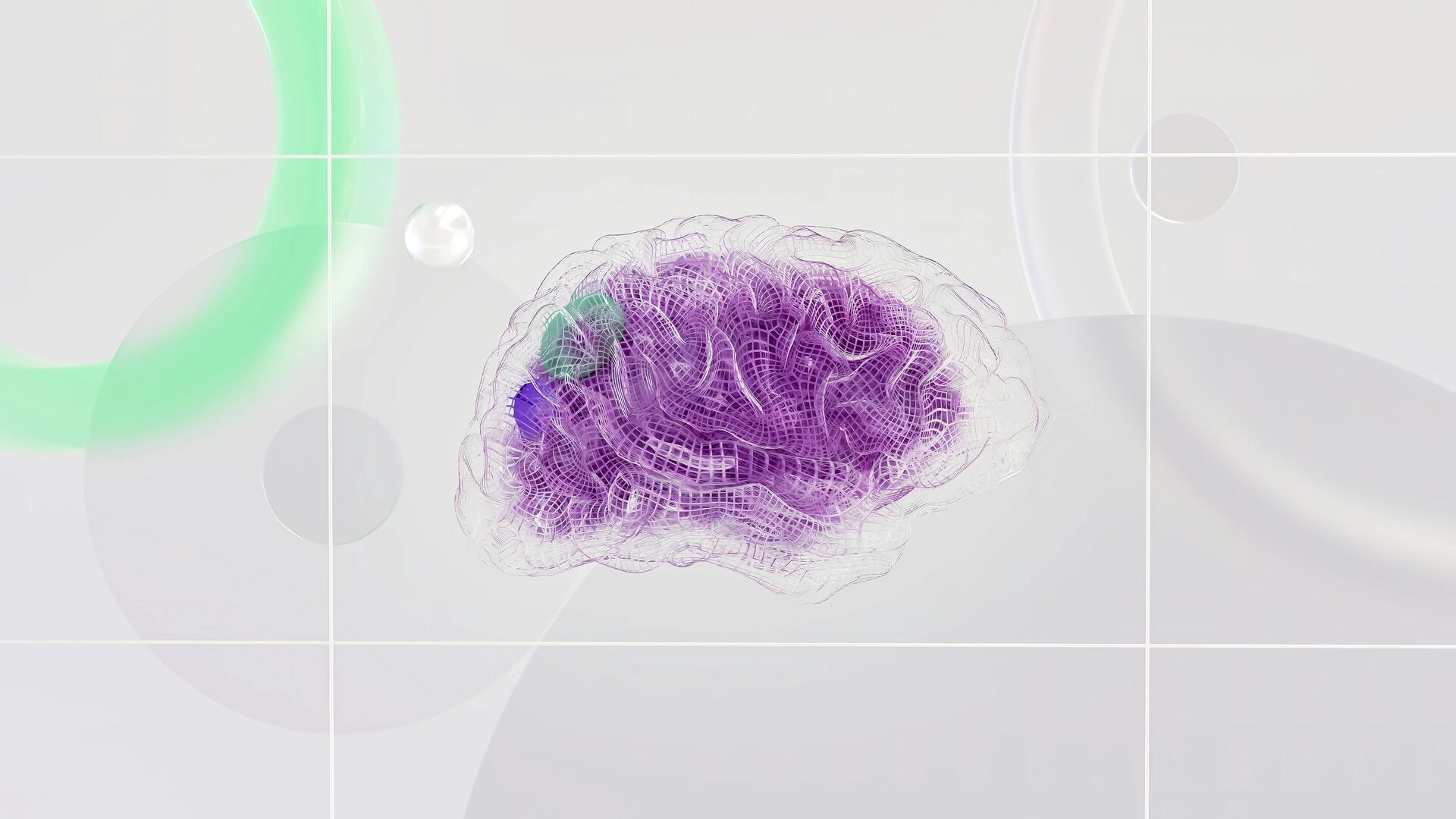About It's Medical Not Criminal
Learn about the mission and vision behind It's Medical Not Criminal, an educational project dedicated to bridging the gap between medical awareness and law enforcement understanding. Based in Tampa, Florida, we aim to foster safer and more informed interactions within our communities.

Our Story
This project began with a moment that changed everything for my family. My dad suffered a massive frontal lobe stroke that left him with expressive aphasia. When he crashed his car into a restaurant drive-through, the responding officers assumed he was intoxicated, not realizing he was in the middle of a medical emergency. My aunt Marcia was with him that day and tried to explain what was happening, but her words were overshadowed by the officers’ assumptions. In those critical moments, what should have been a medical response turned into something that felt more like suspicion than help.
My mom also lives with seizures, which has given me another perspective on how neurological conditions affect communication, daily safety, and how people are perceived. These personal experiences opened my eyes to how easily medical and communication differences can be mistaken for criminal behavior.
Professionally, I work in healthcare and study criminology at the University of South Florida. I’ve seen how these misunderstandings can happen from both sides in the field and in theory and how much impact they can have on someone’s life. That’s why I created When It’s Medical, Not Criminal: to bring visibility to these issues, challenge harmful assumptions, and advocate for better awareness and training. This is about changing how medical emergencies are recognized and responded to, so that compassion and understanding guide those critical moments instead of fear or misjudgment.

Our Vision
The specific change I hope to achieve with When It’s Medical, Not Criminal is to shift how medical emergencies are recognized and responded to in law enforcement settings. I want medical conditions to be understood for what they are, not misread as defiance or criminal behavior.
The ultimate goal is to create a stronger foundation of awareness and understanding where officers, first responders, and the public can respond with knowledge, not assumptions. It’s about changing the response, not the person, so situations end with care and safety rather than conflict.

Who We Aim To Reach
I want this message to reach a wide range of people, especially those who play a role in how medical emergencies are understood and handled. That includes law enforcement officers, first responders, and community members who may witness these moments. I also want to connect with students and future professionals who can carry this awareness into their work and shape how situations are handled moving forward.
Just as importantly, I want to reach people who have been directly impacted by these misunderstandings. Their experiences and stories matter, and sharing them can help bring real awareness, humanize the issue, and push change forward. This space isn’t just about informing it’s about building a community of voices that can make a difference.
"This platform is essential for building safer, more understanding communities. It bridges the gap between medical emergencies and law enforcement responses, fostering empathy and effective communication."
Community advocate, Tampa, Florida